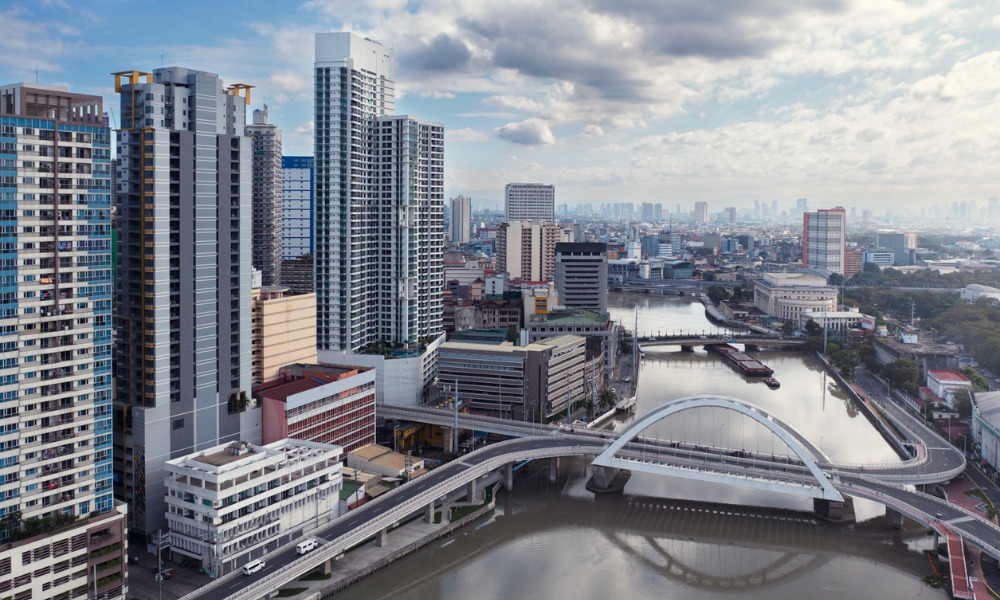
Pilot program open to employers hiring critical occupations in sectors such as health care, construction, agri-food

A new program will make it easier for Canadian employers to hire workers from the Philippines to fill critical occupations.
Immigration, Refugees and Citizenship Canada (IRCC)’s visa office in Manila has launched CAN Work Philippines, which will streamline work permit processing for eligible Canadian employers.
Under the program, employers will be able to schedule group appointments for medical examinations and biometrics for potential employees, so that skilled workers in the Philippines can come to Canada.
“Every year, thousands of temporary foreign workers from around the world bring their skills to Canada, helping to grow our economy and fill labour market shortages. This includes a substantial number of newcomers from the Philippine,” said Marc Miller, minister of immigration, refugees and citizenship.
“The CAN Work Philippines pilot will give Canada an important advantage in the global race for talent and support our industries in addressing labour market shortages. At the same time, the funding to the IOM demonstrates our continued commitment to fair and ethical recruitment practices and will help ensure the health, safety and quality of life of temporary foreign workers.”
Late in June, the federal government announced an open work permit stream for H-1B specialty occupation visa holders in the US to apply for a Canadian work permit, and study or work permit options for their accompanying family members. It took just one day to reach the limit of the program.
The pilot is open to Canadian employers recruiting from the Philippines and hiring approximately 50 or more workers, or for critical occupations in sectors such as health care, construction and agri-food.
To participate in the program, employers must also demonstrate their commitment to fair and ethical recruitment guidelines, as published by the International Organization for Migration (IOM).
The launch of the pilot coincides with the first-ever Philippines–Canada Friendship Week.
“Protecting the rights and welfare of our overseas Filipino workers remains paramount. We welcome initiatives that ensure transparency, fairness and adherence to global standards, as set by the International Organization for Migration,” said Patricia Yvonne M. Caunan, undersecretary, Department of Migrant Workers of the Philippines.
“Through cooperation and a mutual understanding of our responsibilities, we can pave the way for a brighter future for our migrant workers, strengthening the foundations of trust and collaboration between the Philippines and Canada.”
The Philippines is an important partner for Canada’s Indo–Pacific Strategy and a major source of newcomers to Canada.
And there has been an uptick of job seekers from the Philippines looking to apply for jobs in Canada, according to a recent Indeed report.
IRCC is also providing $200,000 to the IOM to support the adoption of fair and ethical recruitment standards in the Philippines. The funding will help the IOM work closely with the Philippine government, conduct training sessions and promote the IOM’s Fair and Ethical Recruitment Due Diligence Toolkit to organizations that are either involved or have an interest in recruiting talent in the country, according to the federal government.
“IOM is inspired to see two countries working together to continue mainstreaming fair and ethical recruitment standards,” said Tristan Burnett, chief of mission in the Philippines, IOM. “This is important for the safeguarding of the welfare and the protection of the rights of overseas Filipino workers, a key component of both the Philippines’ National Action Plan and the Global Compact for Migration.”
According to IOM, to operationalize fair and ethical recruitment due diligence, employers must:
In September, Ottawa opened the first round of invitations for transport occupations through category-based selection in Express Entry.